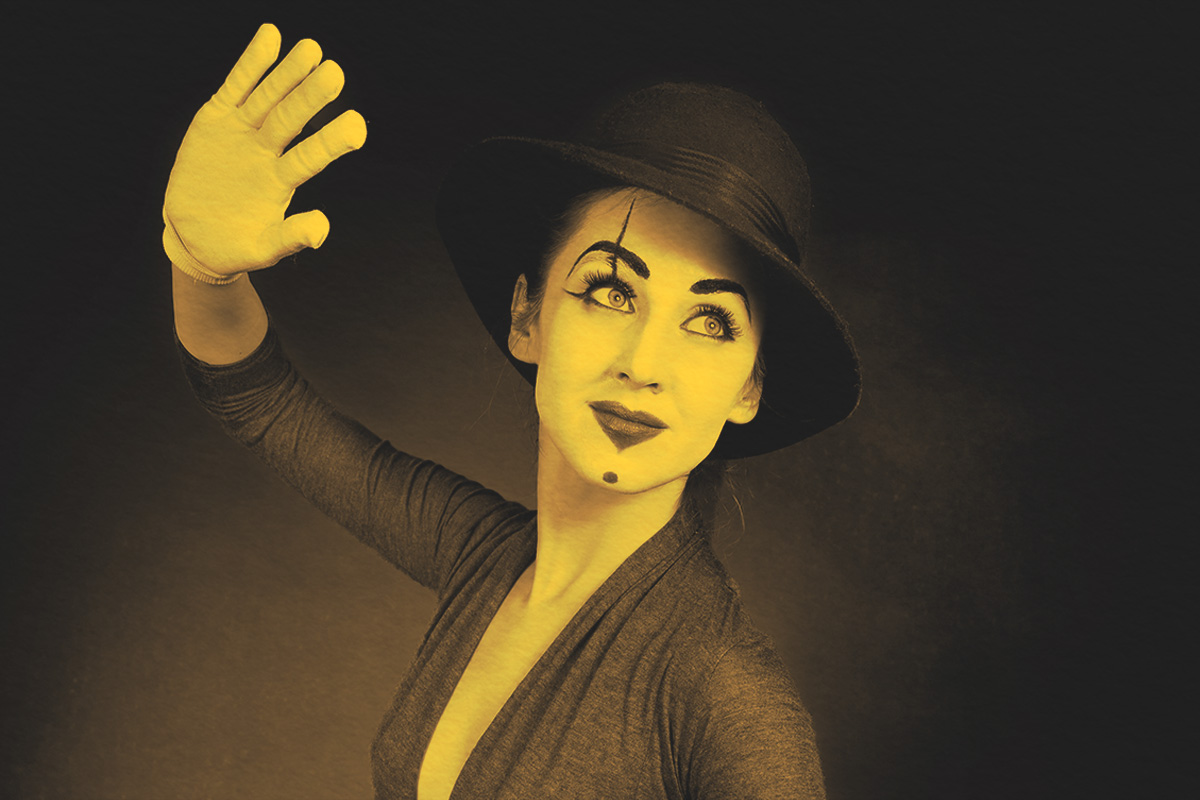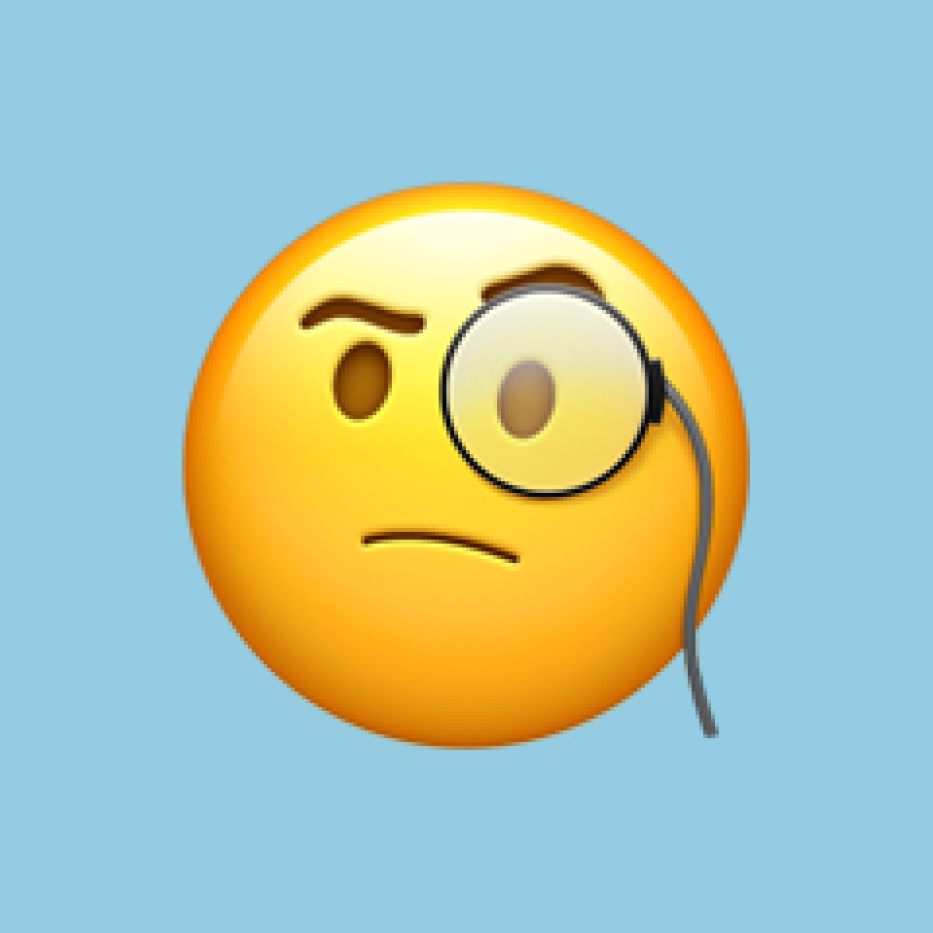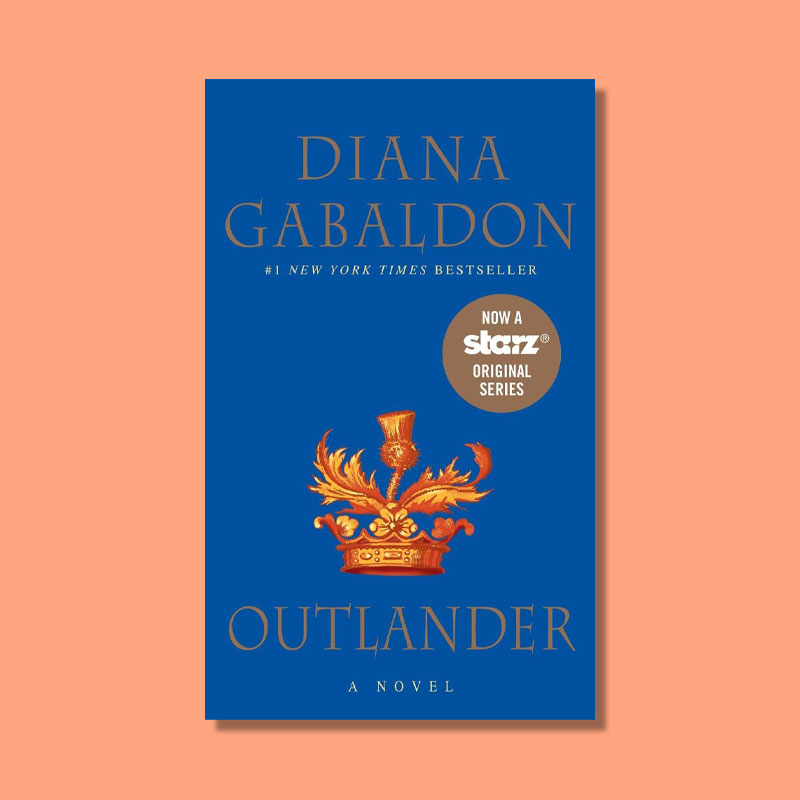Why do we say "happy trails"? | | "Happy trails to you, until we meet again" — you can likely hear the tune for these sentimental lyrics in your head. But did a common phrase inspire this song, or vice versa? | |  | Bennett Kleinman |
|
| |  | | T he term "happy trails" may evoke images of a cheery cartoon with singing woodland creatures and rivers made of chocolate. But the phrase is more commonly used to wish someone well upon their departure, much like "have a safe journey" or "all the best." It was coined in a 1950s song, but it became popular in the wonderful world of television, and the phrase is used in many other contexts today.
The term "happy trails" originated in a 1951 song called "Happy Trails in Sunshine Valley," written by Foy Willing of Riders of the Purple Sage, a band that often backed Roy Rogers in his Western movies and that audiences knew from his 1940s radio program. Rogers and his wife Dale Evans took that as inspiration and wrote a shorter tune, "Happy Trails," as the closing theme for their new TV show, The Roy Rogers Show, but there was reportedly some bad blood between the two parties about Rogers borrowing the phrasing, and they said "happy trails" to each other.
The image of a cowboy and his wife waving to the audience while singing, "Happy trails to you, until we meet again," was a shot of optimism that made The Roy Rogers Show and the song "Happy Trails" a cultural phenomenon. Country superstar Randy Travis later recorded the song as a duet with Rogers on an album in the 1990s, and Janis Joplin notoriously recorded the song as a birthday gift for her friend John Lennon in 1970 in her last recording session.
The wistful sentimentality of the lyrics has inspired usage of "happy trails" in other contexts. Theatrical actors use the song and the phrase to say goodbye to other performers at the end of a run or when someone is moving on to another production. And just as "bon voyage" is used to say "goodbye" outside of sending someone off on a seafaring journey, "happy trails" has made the leap from the song into common usage. Even if you aren't a singing cowboy or theatrical actor, you can use it as a way to wish someone well upon their departure, especially if you want to convey some fond emotion about the history of your relationship. |
| | Continue reading | |  |
| |
| | Thanks for supporting our sponsors! They help keep Word Smarts free for everyone. | |
Emoji Decoded | |  | | Face with Monocle | | | Meaning: Indicates curiosity, skepticism, or pondering through a face wearing a monocle.
Evolution: When it was added in 2017, this emoji quickly became popular for expressing confusion or investigation. It often conveys a tone of smugness or skepticism along with the questioning.
Usage: [Reply to a YouTube video:] adjusts monocle interesting hypothesis 🧐 |
|
 | | Face with Monocle | | | Meaning: Indicates curiosity, skepticism, or pondering through a face wearing a monocle.
Evolution: When it was added in 2017, this emoji quickly became popular for expressing confusion or investigation. It often conveys a tone of smugness or skepticism along with the questioning.
Usage: [Reply to a YouTube video:] adjusts monocle interesting hypothesis 🧐 |
|
| |
Have you read? | |  | | Outlander | | By Diana Gabaldon | | Sure, you can watch the TV drama, but I always prefer the book. A mid-20th-century Claire Randall becomes an "outlander" (the Scottish term for a foreigner or stranger) in an unfamiliar world when her honeymoon to the Highlands goes awry, landing her 200 years in the past. In the first novel of Diana Gabaldon's "Outlander" series, we are introduced to lovable and relatable characters who embark on journeys of heroism, whether fueled by love or love of country, during one of Scotland's most turbulent times. | | | | Rachel Gresh, Word Smarts Contributor | | | | We independently evaluate all recommended products and services. If you click on links we provide, we may receive compensation. |
|
 | | Outlander | | By Diana Gabaldon | | Sure, you can watch the TV drama, but I always prefer the book. A mid-20th-century Claire Randall becomes an "outlander" (the Scottish term for a foreigner or stranger) in an unfamiliar world when her honeymoon to the Highlands goes awry, landing her 200 years in the past. In the first novel of Diana Gabaldon's "Outlander" series, we are introduced to lovable and relatable characters who embark on journeys of heroism, whether fueled by love or love of country, during one of Scotland's most turbulent times. | | | | Rachel Gresh, Word Smarts Contributor | | | | We independently evaluate all recommended products and services. If you click on links we provide, we may receive compensation. |
|
| |
|

Tidak ada komentar:
Posting Komentar